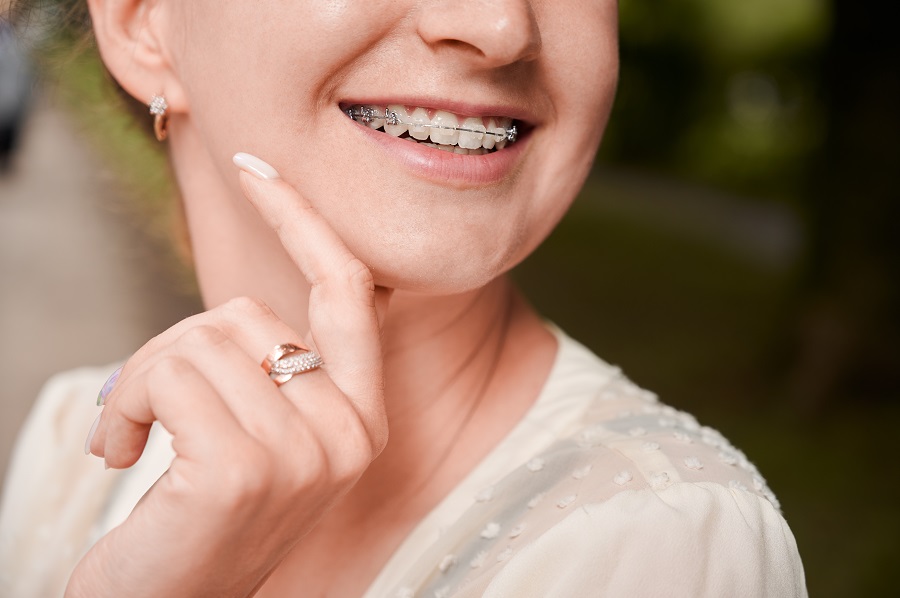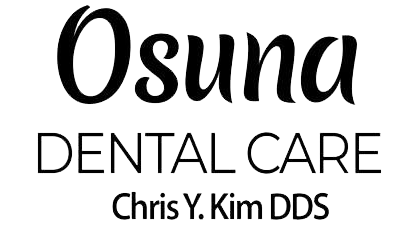Ask a General Dentist: What Happens to Your Tooth After Extraction
Posted by Osuna Dental Care Mar 29, 2022

A tooth extraction is an oral surgery that removes the tooth from its socket in the jawbone. The dentist may recommend removing the tooth if a tooth has extensive decay or problems with its root structure or the jaw itself. While a tooth extraction is often a last resort option after other treatments like fillings and crowns have failed, an extraction may also be needed before other dental work can begin. For example, if a patient needs to have their wisdom teeth removed before they can be fit for braces, the orthodontist may first perform a tooth extraction. In other cases, teeth are removed to make more room in the mouth for orthodontic treatments, such as braces. In some cases, children may need to have their baby teeth extracted to prepare their mouth for the eruption of adult teeth. For the best dental care, visit Osuna Dental Care.
When Are Extractions Necessary?
If a tooth is severely infected, it may need to be removed. If the tooth has been broken in an accident or has severe decay, it may need to be removed. A dentist may recommend an extraction if they find significant bone loss around the problem tooth. The loss of bone means that the tooth may be too weak to hold a dental filling or other restoration successfully. In this case, the best option is a tooth extraction followed by the placement of an artificial replacement like a dental implant.
Wisdom teeth that do not have enough room to come in properly are also often extracted. Some patients choose to have their wisdom teeth removed even if they are not experiencing any pain. This is because there may not be enough space in the mouth for their wisdom teeth to come in correctly.
Reasons Why a Dentist Preserves the Tooth
Incineration
Because it contains the patient's oral tissue and blood, potentially infectious components, a dentist typically stores a removed tooth in a sealed bio-medical bag, and bio-medical waste providers collect the bags from dental offices and transport them to incineration facilities.
Training
Extracted teeth are sometimes sent to universities and other facilities where dental students and colleagues undergo training. Extracted teeth can assist students in learning about dental illnesses and procedures by providing real-life case studies and practice models.
Research
A general dentist may want to attend seminars and workshops to learn about new and updated patient service approaches. A dentist can help assure a sufficient supply of models to test the efficacy of new techniques before they are advised and taught by submitting extracted teeth to dental laboratories and research facilities.
Get in touch with Osuna Dental Care at 5900 Cubero Dr NE suite B, Albuquerque, NM 87109, or call (505) 884-1989 to schedule an appointment. We strive to provide our patients with comfortable and convenient, high-quality care.
More Blog Posts
Office Hours
MONClosed
TUE7:00 am - 4:00 pm
WED7:30 am - 4:00 pm
THU8:00 am - 5:00 pm
FRI7:00 am - 4:00 pm
SAT - SUNClosed





